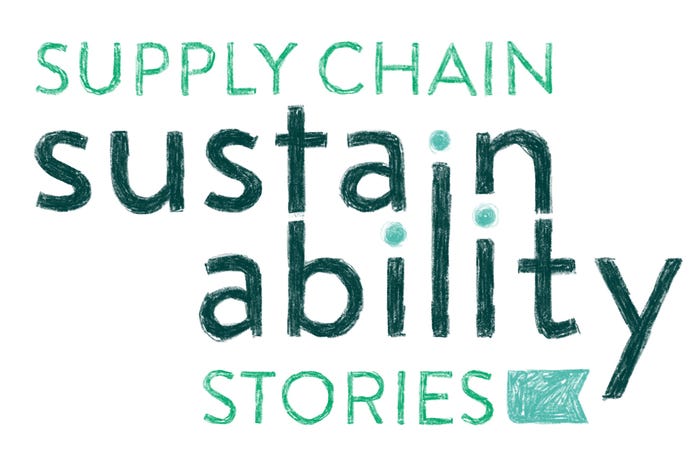
Suppliers see sustainability as foundational to their future business. Learn how they are committing to sustainable processes and supply chains that have social and environmental impacts and raise the tide for all CPG industry stakeholders.
Industry suppliers double down on CSR initiatives, support circular production – article
Supplement companies staying on top of sustainability efforts will tell you it is a relentless pursuit that must be embedded in the company’s mission and supported from the top down. It also involves a deep organizational understanding of supply chain factors, resource usage and corporate social responsibility measures. To keep industry brands up to speed on the broad range of efforts suppliers are making to improve their supply chains, we introduce “Supply Chain Sustainability Stories: Notes from the field,” highlighting news from our program partners.
August 19, 2024

Sponsored Content
K Patel: Supporting schools
Corporate social responsibility (CSR) initiatives are an important part of overall sustainability. K Patel Phyto Extractions, based in Mumbai, India, knows this well and has announced a new effort in the state of Rajasthan, where the company sources senna, to build an entire classroom for a village school. In addition to constructing the classroom, KPatel also provided educational kits to the students and planted 125 saplings. Each child has been assigned a sapling to take care of, fostering a sense of responsibility and connection to the environment.
“We are dedicated to supporting the livelihoods and well-being of farmers in the communities where we operate,” said Viraj Patel, director of business development for the company. “Agriculture is the backbone of many rural economies and of India.”
Microphyt receives Ecovadis Award
Microphyt, a global leader in development of natural, bioactive ingredients derived from microalgae in Baillargues, France, is another pioneer in CSR work. The company has been recognized for its CSR initiatives with a prestigious EcoVadis Label. It received a silver medal placing it in the top 15% of companies to have received the accreditation. The recognition is a testament to Microphyt's consistent commitment to sustainability and corporate social responsibility.
The EcoVadis Label is awarded to companies that demonstrate exceptional performance in key areas of CSR, including environmental impact, labor and human practices, ethical conduct and sustainable procurement. With over 130,000 companies assessed, EcoVadis is a globally recognized standard for sustainability.
"Receiving the EcoVadis Label is a significant milestone for Microphyt," said Christel Lemaire, Microphyt’s marketing manager. "It highlights our commitment to responsible business practices and our ongoing efforts to contribute positively to society and the environment."
Indena’s circular commitment
Indena is another company that is relentlessly working to generate sustainable impact for its stakeholders, cultivating with care its own precious circle: nature, technology, people. In practice, this means actions like sustainable management of their supply chain, avoiding waste along the production process, using renewable energy in the plants, taking care of workers’ well-being, producing sustainable extracts for human health and so on. In such a framework, the application of the principles of circular economy is a very important commitment of the company, which also applies those principles to product design, as in the case of two of the most important extracts in Indena’s portfolio: Mirtoselect® and Enovita®.
“Today more than ever we are certain that a stronger commitment to sustainability has become unavoidable, and we work to face some very urgent challenges such as biodiversity loss, food waste, climate change, health issues and social vulnerability,” explained Francesca de Rensis, marketing director at Indena.
Through business models such as reuse, companies can reduce greenhouse gas emissions, pollution and biodiversity impacts. “Indena considers waste and pollution as design flaws, rather than inevitable by-products of the products it makes,” de Rensis said.
You May Also Like